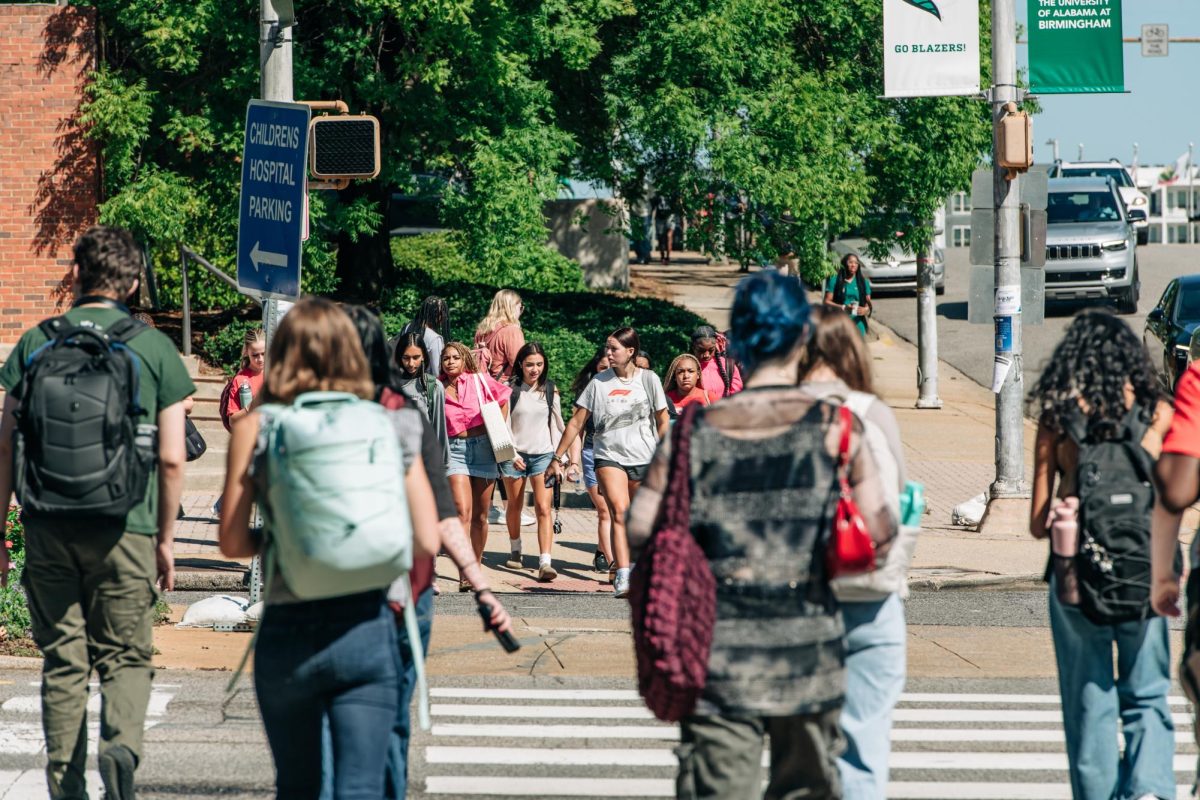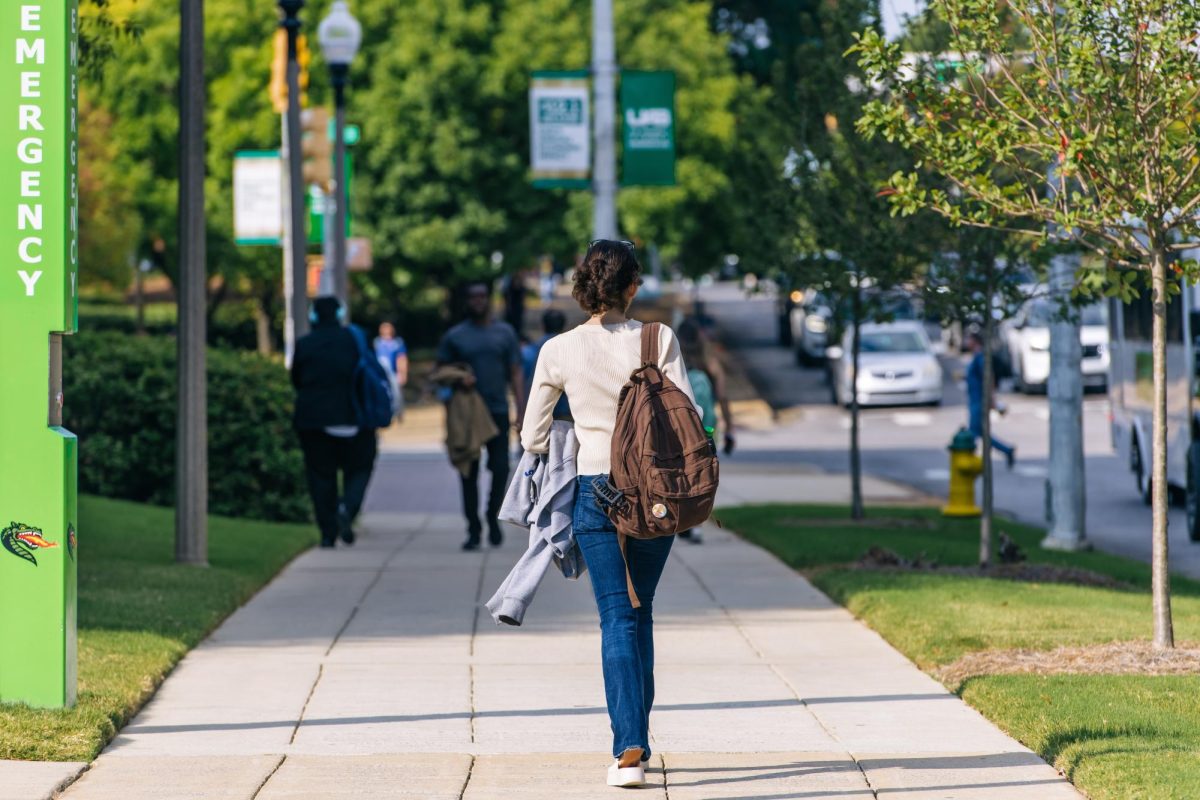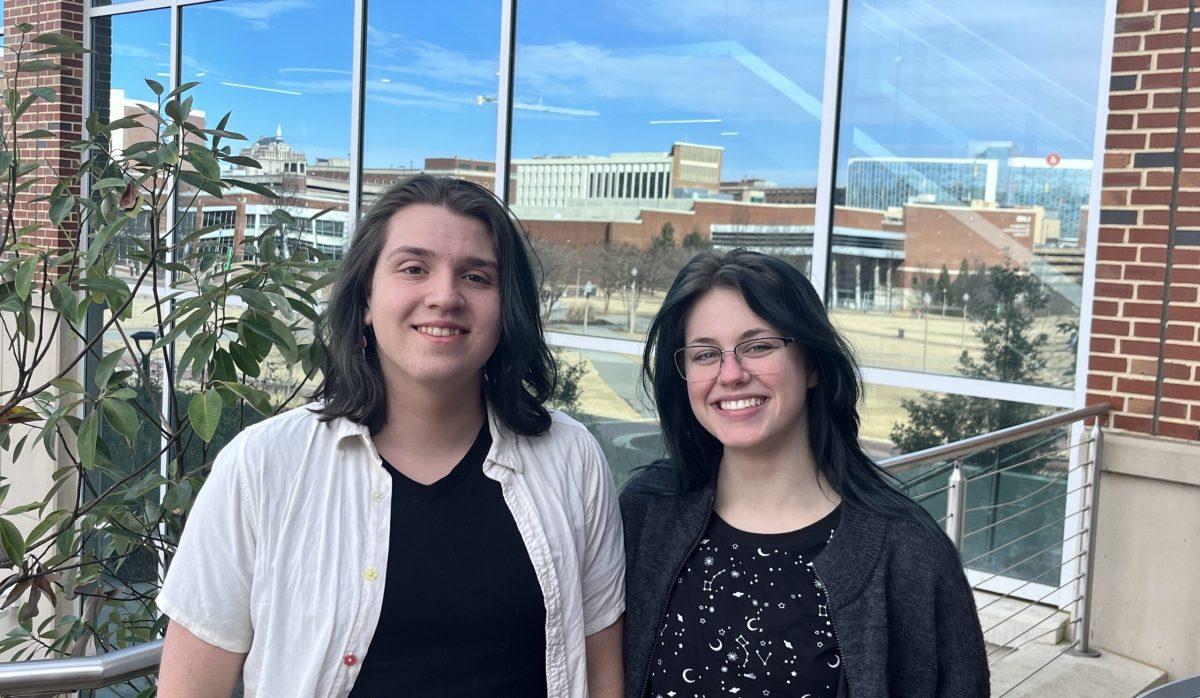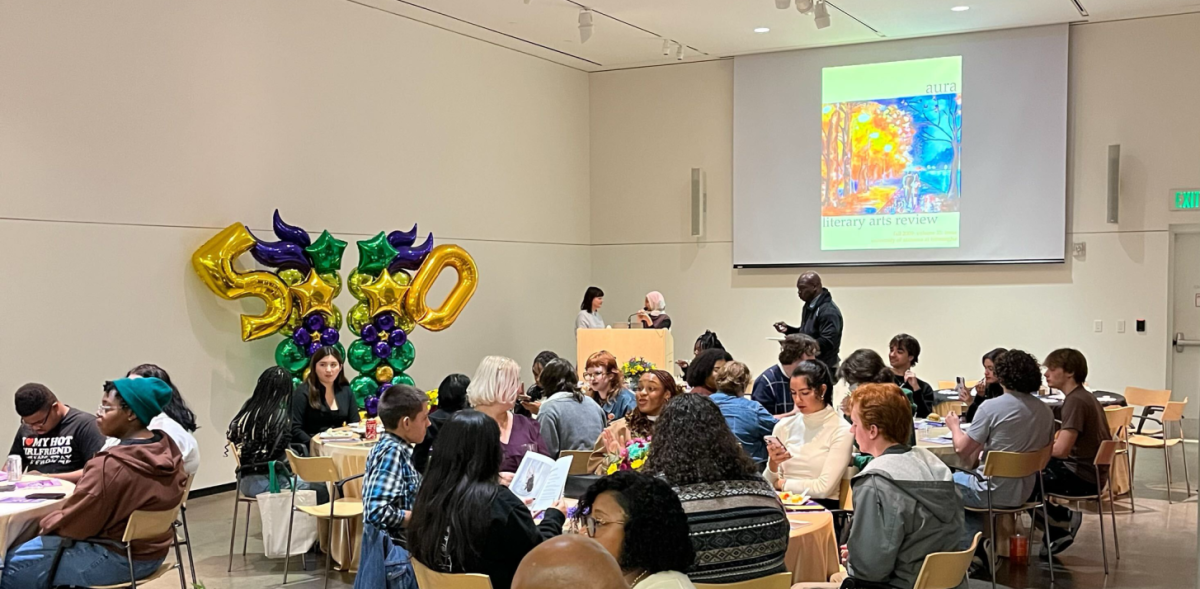As flu season quickly approaches, Dr. Erin DeLaney, assistant professor in the Department of Family and Community Medicine at UAB, said there are precautions that can be made to avoid the spread of influenza.
“The best way to be prepared is to get your flu vaccination, as well as a lot of the preventative measures that we’re already doing with COVID too,” DeLaney said.
DeLaney said mask wearing, hand washing and keeping a distance from others could possibly help us see a lighter flu season.
“I would just say right now we just are really encouraging everyone to go ahead and get vaccinated,” DeLaney said. “Some people are asking, ‘Is it too early to be vaccinated?’ and I do not think it is too early to vaccinate right now. The CDC does endorse that September and October are the times to get vaccinated. The CDC has also recommended that people try to have those vaccinations done by the end of October, however, any time during the flu season is appropriate.”
DeLaney said it takes around two weeks to develop antibodies after receiving a flu vaccine.
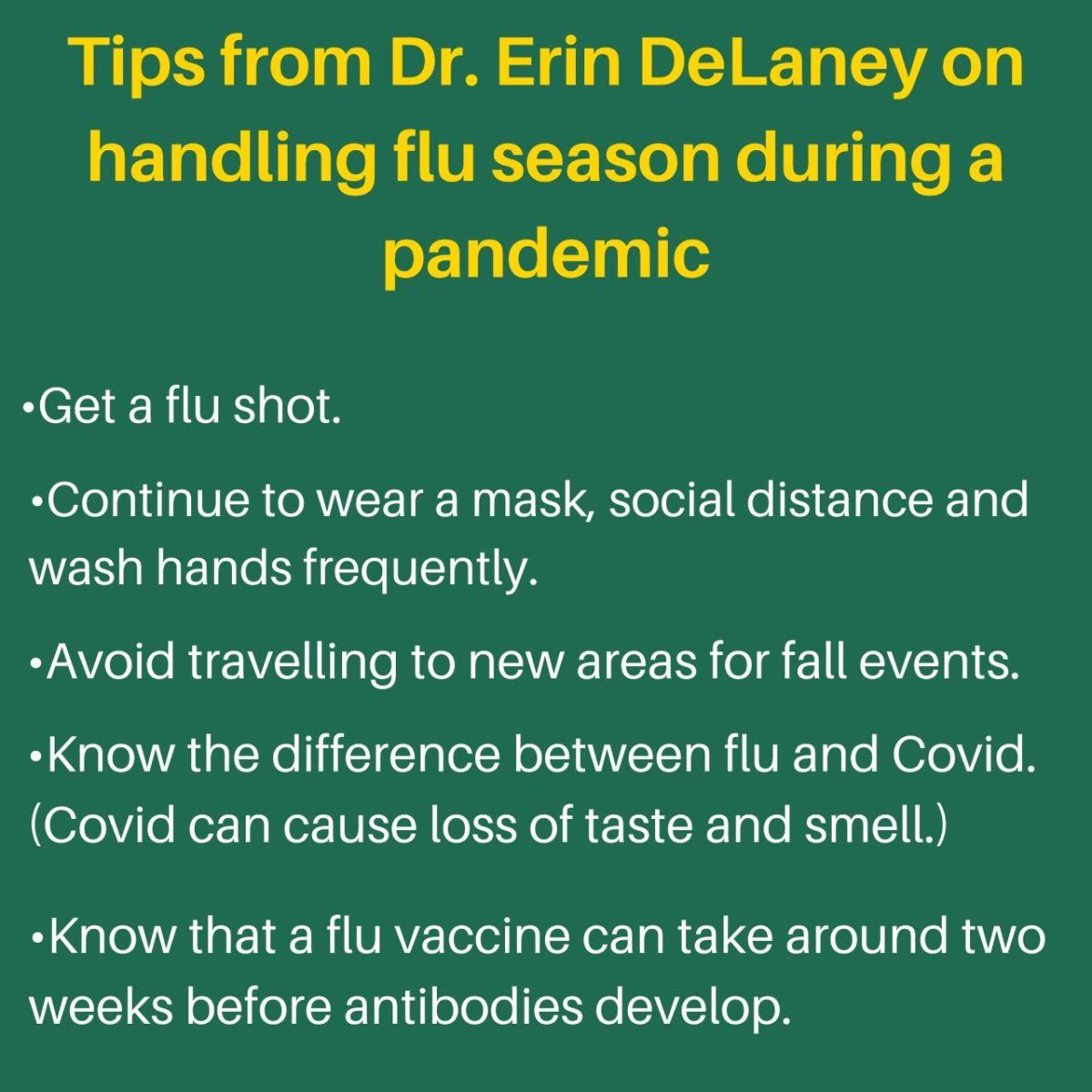
DeLaney said one difference between COVID-19 and influenza is a loss of taste or smell that is associated with COVID.
“I think it is going to be really difficult for us to know the difference between those two and we will most likely have to rely on testing,” DeLaney said. “Then just voluntary quarantining if you’re not able to get tested. Probably the safest thing to do would be to assume that it’s Coronavirus and quarantine for those 14 days.”
DeLaney said the CDC has listed specific precautions families should take when considering letting their children trick-or-treat. In addition to trick-or-treating, DeLaney said she advises individuals to avoid travelling for fall activities, as different areas could pose a higher threat to the spread of flu or Coronavirus.





